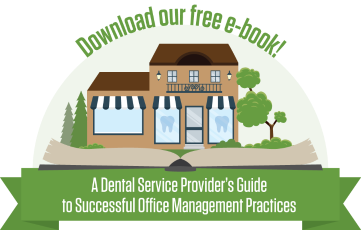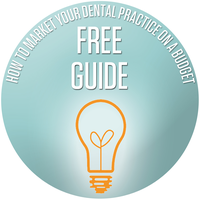On a day in 1985, a young woman made an appointment with a highly-recommended dentist. She was in her 20s; the dentist, at 35, was a few years older than his patient. Over the next 30 years, the woman trusted her dental health to the dentist. With his professional skill, he kept her teeth and gums healthy; provided her with fillings; installed a couple of crowns; and deftly and painlessly completed a root canal.
After 30 years of caring for patients, the dentist retired and sold his practice to a young man just out of dental school. The woman, now some 50 years old, had misgivings, but made a first appointment with the newcomer. He welcomed her warmly, clearly pleased to have an office and patients of his own. To the woman, he looked more like a boy than a dentist.

The scenario is not unique. Approximately 42 percent of all dentists were born during or before the baby boom. Over the next decade many of them will retire.
Dental demographic shifts, with more millennials opening their practices, are not mere statistics. They represent human beings who are adjusting to change and to each other. In offices across the nation, two very different generations are meeting each other in professional settings. Baby boomers, who had been used to visiting dentists the same age or older than themselves, now need to make a mental shift and accept that health care providers are, increasingly, younger than themselves. Can the generations adapt? Certainly ... with a few basic ground rules.
For the Boomers
1. Accept the changes. The routine, the procedures, the equipment—even the décor—will probably change. Be accepting. Don't make constant comparisons to the way things used to be.
2. Respect knowledge. The new dentist may look young, but the knowledge is in place. In fact, new, updated knowledge is in place, along with new technology and new research. Every medical field benefits from innovation.
For the Millennials
1. Don't patronize. Some patients may remind you of your grandparents, but treat all patients, whatever age group, with the same professional approach.
2. Be patient. Those older-than-you patients are not being rude or distrustful. They are merely adjusting to change. And, if they had been a long-time patient of your predecessor, the adjustment might take a while.
The opening scenario—50-something women and young dentist—had a happy ending. Shortly after the first appointment, the 50-something woman lost a crown and needed a tooth extracted. She had never had an extraction, not even wisdom teeth. Should she trust the young dentist or try to find someone more experienced (i.e. older)?
She took a chance on the millennial.
The young dentist completed the extraction quickly, cleanly, and painlessly. When the procedure was over and the woman got ready to leave, the dentist looked at her kindly and said, "You did a good job."
Clearly relieved, the woman replied, "So did you!"
Millennials, given the opportunity, will take good care of the boomers.



